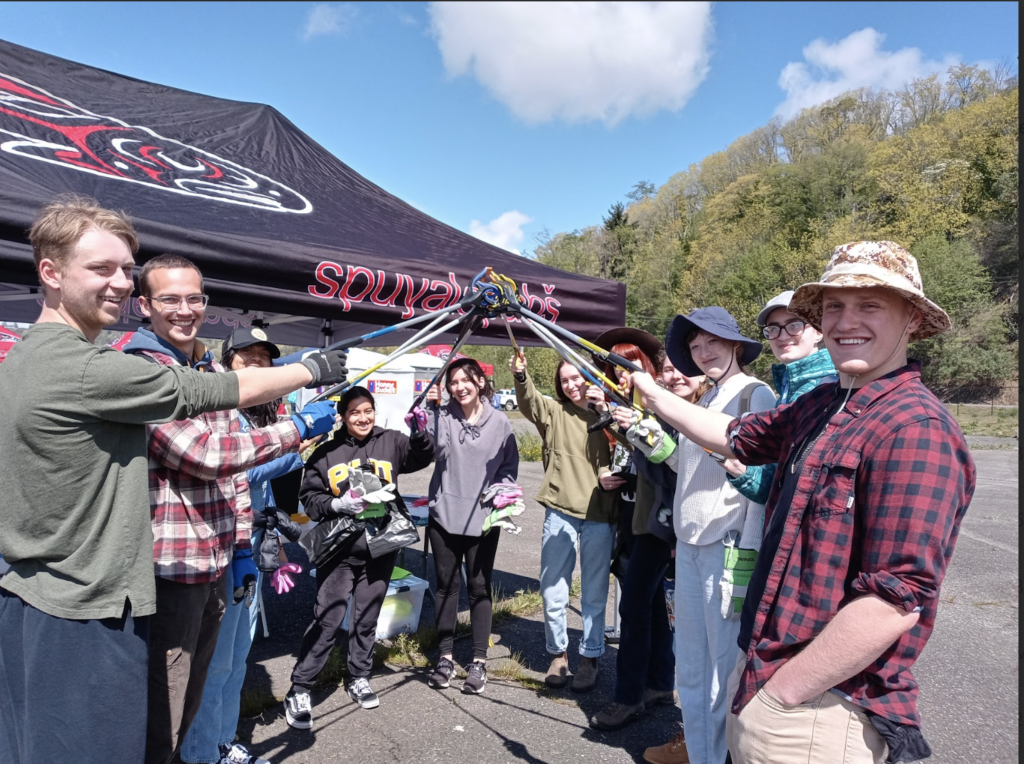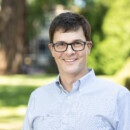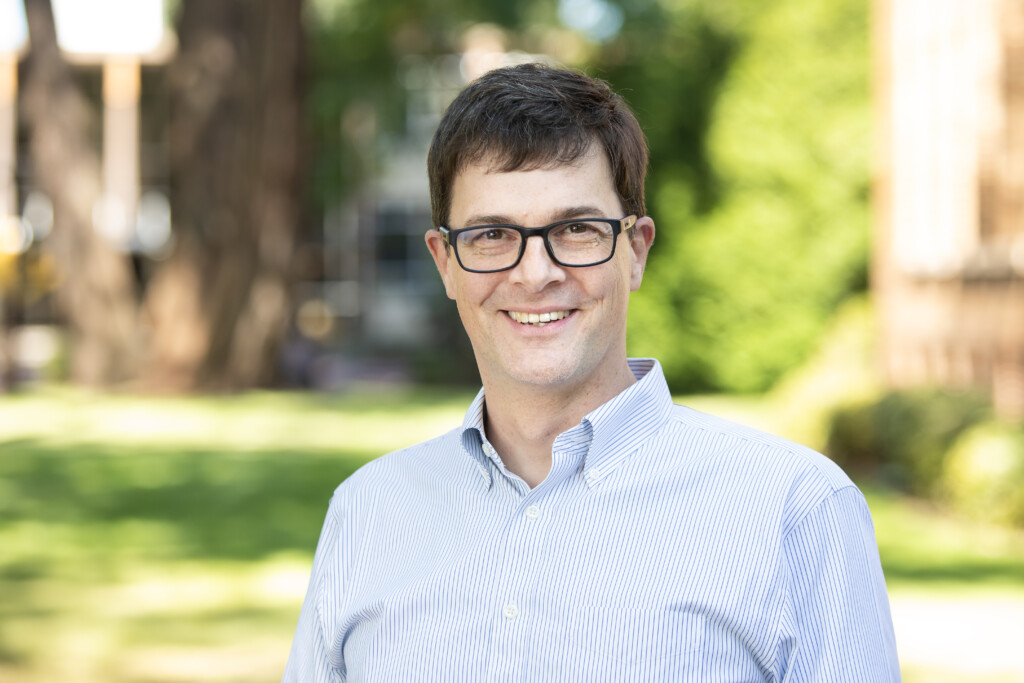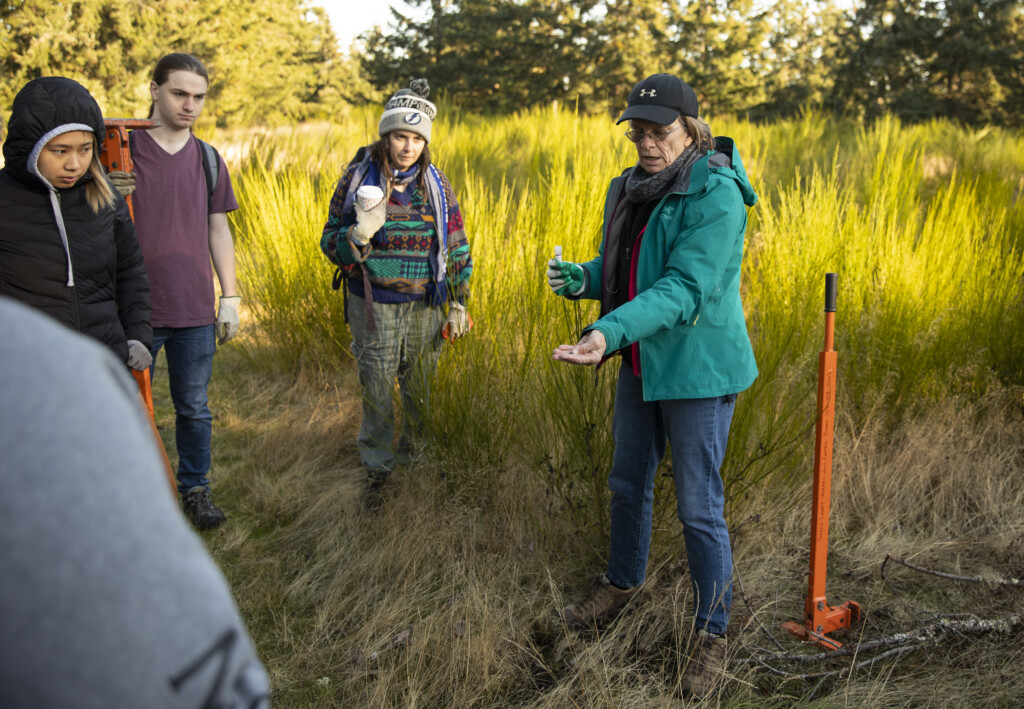Page 5 • (575 results in 0.06 seconds)
-
Biology Courses The following courses are required by most programs: BIOL 225: Molecules, Cells, and Organisms BIOL 226: Genes, Evolution, Diversity and Ecology You might also consider some of the
Therapy Association also provides a list of accredited PT and PTA programs available in the United States and a summary of each program’s prerequisites.Biology Courses The following courses are required by most programs: BIOL 225: Molecules, Cells, and Organisms BIOL 226: Genes, Evolution, Diversity and Ecology You might also consider some of the following upper level courses: BIOL 353: Comparative Anatomy BIOL 444: Neurobiology BIOL 453: Mammalian Physiology Most PT schools require you to take
-
Biology Courses: BIOL 225 (Molecules, Cells and Organisms) BIOL 226 (Genes, Evolution, Diversity and Ecology) One semester of each of the following is also recommended by many programs: BIOL 342
Organisms) BIOL 226 (Genes, Evolution, Diversity and Ecology) One semester of each of the following is also recommended by many programs: BIOL 342 (Microbiology) BIOL 352 (Comparative Anatomy) BIOL 453 (Mammalian Physiology) Please make sure you look at the requirements of individual schools, particularly whether they require a two-course sequence in Human Anatomy and Physiology, which is offered at PLU.English Courses Most schools require applicants to take two English courses prior to matriculation
-
Biology Courses The following courses are required by most programs: BIOL 225: Molecules, Cells, and Organisms BIOL 226: Genes, Evolution, Diversity and Ecology You might also consider some of the
Therapy Association also provides a list of accredited PT and PTA programs available in the United States and a summary of each program’s prerequisites.Biology Courses The following courses are required by most programs: BIOL 225: Molecules, Cells, and Organisms BIOL 226: Genes, Evolution, Diversity and Ecology You might also consider some of the following upper level courses: BIOL 353: Comparative Anatomy BIOL 444: Neurobiology BIOL 453: Mammalian Physiology Most PT schools require you to take
-
Department of Languages and Literatures Film Festival 2012-13 presents: “The Invisible War” The Department of Languages and Literatures Film Festival 2012-13 presents a screening of The Invisible War at 7 p.m. Monday, Oct. 8 in Ingram 100. Kristina Setchfield, Marine Corps Veteran and survivor, will…
September 1, 2012 Department of Languages and Literatures Film Festival 2012-13 presents: “The Invisible War” The Department of Languages and Literatures Film Festival 2012-13 presents a screening of The Invisible War at 7 p.m. Monday, Oct. 8 in Ingram 100. Kristina Setchfield, Marine Corps Veteran and survivor, will introduce the film. The event is open to the public. It is co-sponsored by the Departments of Marriage and Family, Philosophy, Psychology, Sociology, the Voices Against Violence
-

Shortly after John Wolfe ’87 graduated from PLU he went to work for a Seattle-based company called SeaLand Shipping Line. In the years that followed he worked in sales, marketing, and operations for a variety of marine cargo companies and agencies. Eventually, he was appointed…
NW Seaport Alliance CEO John Wolfe ’87 discusses his career in maritime leadership Posted by: Zach Powers / November 3, 2022 Image: John Wolfe ’87 is the CEO of the Northwest Seaport Alliance, a marine cargo operating partnership of the Port of Seattle and Port of Tacoma. (Photo by John Froschauer/PLU) November 3, 2022 By Zach Powers ’10PLU Marketing & CommunicationsShortly after John Wolfe ’87 graduated from PLU he went to work for a Seattle-based company called SeaLand Shipping Line. In the
-

PLU still offers Environment 350 to Environmental Studies students. Throughout the course, students and faculty spend the semester researching different sites in the watershed through multiple disciplines: Ecology, Chemistry, Geology, English, Indigenous Studies, and more.
PLU still offers Environment 350 to Environmental Studies students. Throughout the course, students and faculty spend the semester researching different sites in the watershed through multiple disciplines: Ecology, Chemistry, Geology, English, Indigenous Studies, and more.
-

Professor of Christian and Environmental Ethics | Environmental Studies | obrien@plu.edu | 253-535-7239 | Kevin J.
with Wicked Problems, with Dr. Whitney A. Bauman (Routledge 2019) : View Book The Violence of Climate Change: Lessons of Resistance from Nonviolent Activists (Georgetown University Press 2017) : View Book An Introduction to Christian Environmentalism: Ecology, Virtue, and Ethics co-authored with Kathryn D. Blanchard (Baylor University Press 2014) : View Book Inherited Land: The Changing Grounds of Religion and Ecology co-edited with Dr. Whitney A. Bauman and Dr. Richard R. Bohannon (Pickwick
-

Professor of Christian and Environmental Ethics | International Honors | obrien@plu.edu | 253-535-7239 | Kevin J.
with Wicked Problems, with Dr. Whitney A. Bauman (Routledge 2019) : View Book The Violence of Climate Change: Lessons of Resistance from Nonviolent Activists (Georgetown University Press 2017) : View Book An Introduction to Christian Environmentalism: Ecology, Virtue, and Ethics co-authored with Kathryn D. Blanchard (Baylor University Press 2014) : View Book Inherited Land: The Changing Grounds of Religion and Ecology co-edited with Dr. Whitney A. Bauman and Dr. Richard R. Bohannon (Pickwick
-

Professor of Christian and Environmental Ethics | Religion | obrien@plu.edu | 253-535-7239 | Kevin J.
with Wicked Problems, with Dr. Whitney A. Bauman (Routledge 2019) : View Book The Violence of Climate Change: Lessons of Resistance from Nonviolent Activists (Georgetown University Press 2017) : View Book An Introduction to Christian Environmentalism: Ecology, Virtue, and Ethics co-authored with Kathryn D. Blanchard (Baylor University Press 2014) : View Book Inherited Land: The Changing Grounds of Religion and Ecology co-edited with Dr. Whitney A. Bauman and Dr. Richard R. Bohannon (Pickwick
-

Why biology at PLU? “There has never been a dull moment with this major. Whether it be in lecture or during a lab, I know I will gain knowledge and experiences that will only uplift my time at PLU. I will be honest, it can…
courses in ecology and evolution, cell structure and function, and physiology have given me a broad foundation of understanding that I can carry forward with me into my future work.” – Daniel What skills are you learning? “There are tons of skills that I have been able to gain during my time at PLU, and there are so many opportunities to learn new ones too! Some very important skills I have gained are teamwork and leadership. Through my job working for the biology department, and other clubs and
Do you have any feedback for us? If so, feel free to use our Feedback Form.


